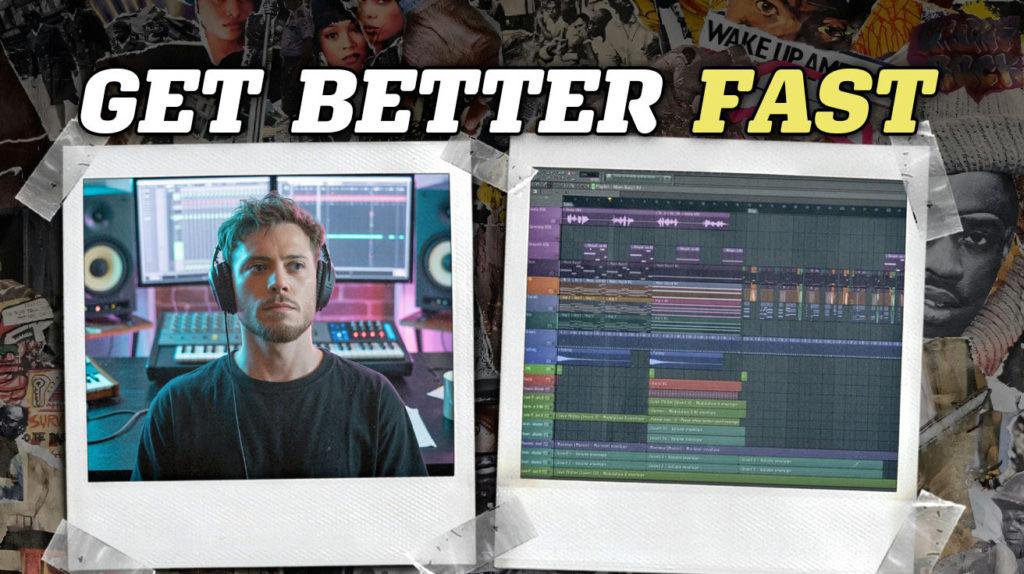
New producers often waste thousands of dollars on gear while overlooking fundamentals. Many spend months perfecting a single track rather than finishing several. One common example involves investing heavily in monitors and plugins before mastering basic arrangement. Without proper attention to room treatment, mixes can remain muddy despite expensive equipment. These ten principles stem from a decade of studio experience and observation of producers who succeed or fail. Each tip addresses a real problem that halts progress.
10. Create More, Consume Less

Learning occurs through doin, not stockpiling knowledge. Watching tutorials may feel productive but often yields minimal results. Immediate application reinforces understanding, while delayed action leads to forgotten lessons.
When specific problems arise, targeted answers prove more effective. Otherwise, simply create. Hands-on practice solidifies understanding far quicker than passive consumption.
9. Beat Block Happens to Everyone
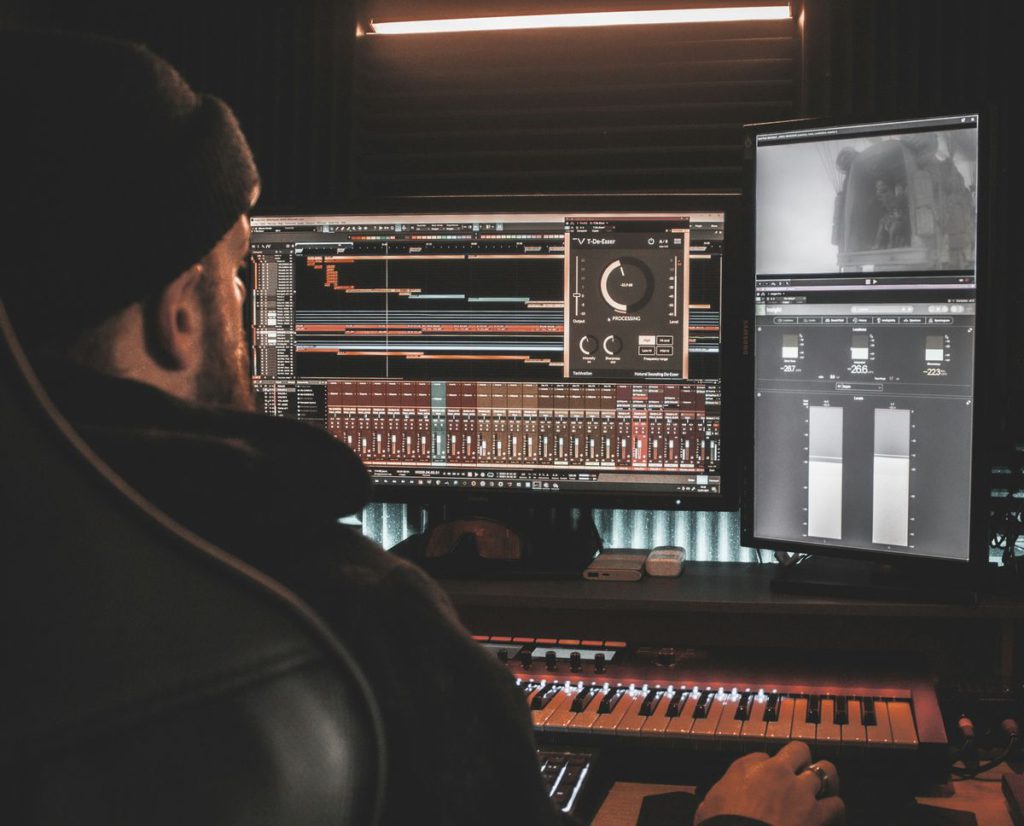
Creative blocks are normal and temporary. Taking strategic breaks helps. Exercises from The Artist’s Way by Julia Cameron offer valuable strategies. Making intentionally bad music can release pressure and restore momentum.
Listening outside of one’s comfort zone, focusing on physical and mental health, and experimenting with different production approaches all help overcome creative blocks.
8. Your Gear Doesn’t Make Your Music
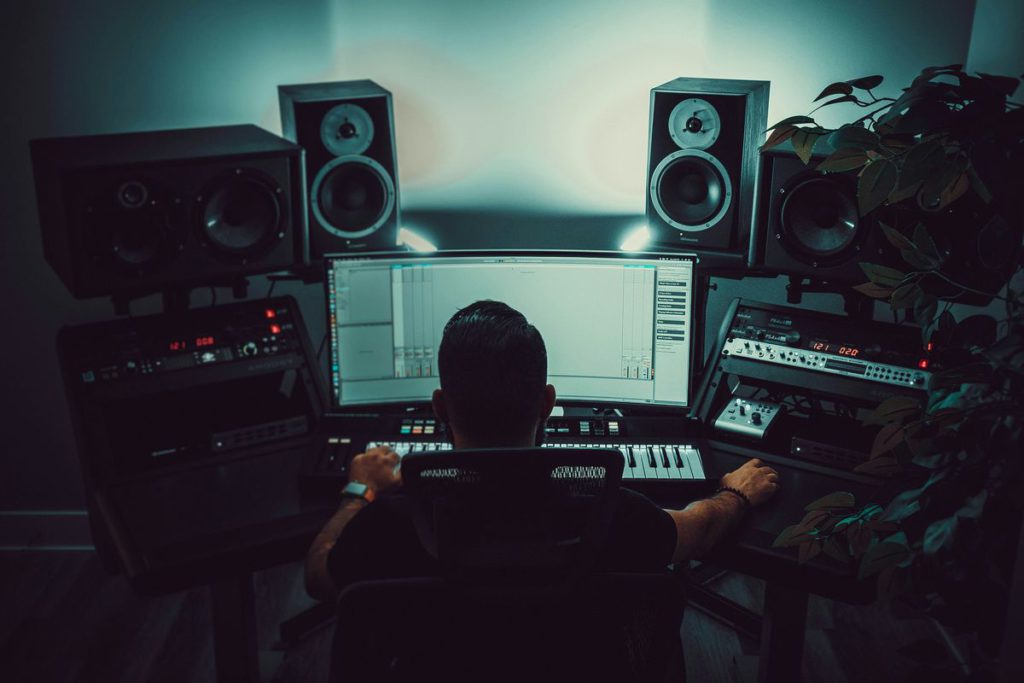
Gorillaz produced The Fall entirely on an iPad. Bon Iver recorded For Emma, Forever Ago in a cabin with an old MacBook and ProTools LE. Audio engineering consensus supports that basic acoustic treatment matters more than expensive monitors.
Resourcefulness outweighs gear acquisition. Limited tools often force creative solutions. Vision shapes the result more than studio setup.
7. Strip It Down
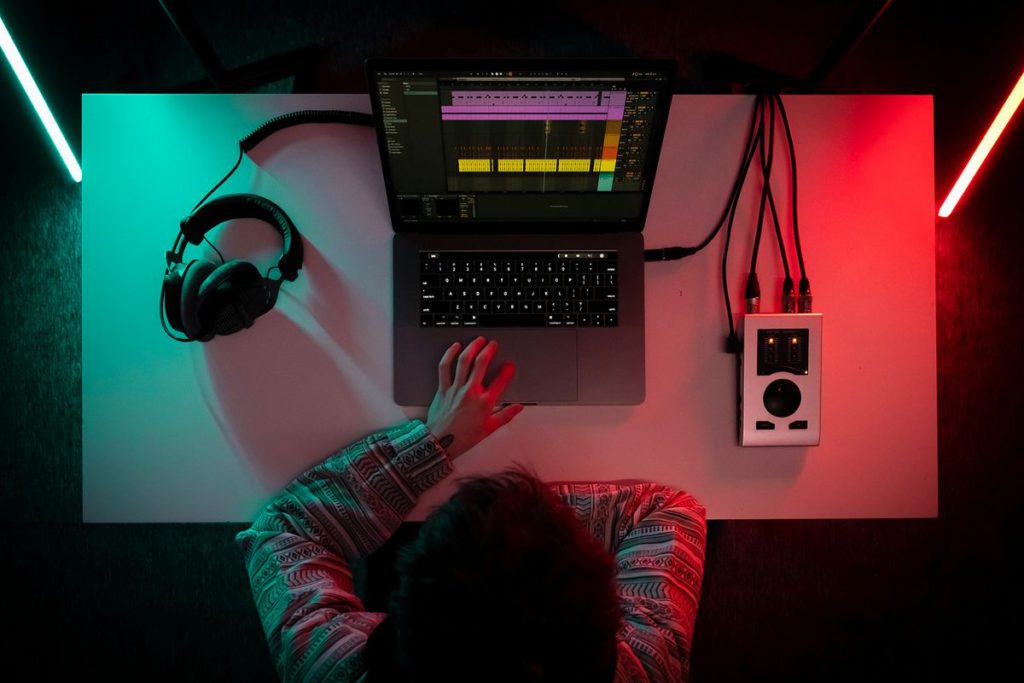
Simple arrangements let strong ideas breathe. Complex doesn’t equal better. Fewer elements shining brightly trump excessive layering.
Clean mixes deliver greater emotional impact. Listeners focus on main ideas, not sonic clutter. Embracing constraints leads to clarity and impact.
6. Presets Speed Up Success

Professional producers across the industry regularly use presets in commercial tracks. Presets serve as starting points, not shortcuts. Sound designers create them so producers can focus on songwriting.
Presets accelerate workflow. Customization ensures uniqueness. The art lies in transformation and layering, not building every sound from scratch.
5. Filter Advice Through Your Vision

Seeking guidance from trusted sources remains important, but trusting instincts when conflicts arise is vital. External input helps, yet artistic intuition drives lasting careers.
Staying true to one’s vision attracts the right audience. Inner guidance shapes creative decisions more than every piece of feedback.
4. Your Sound Develops Naturally

Unique signatures emerge through consistent creation, not forced imitation. Producers like Skrillex, Noisia, and Excision developed their distinctive approaches through ongoing experimentation.
Chasing other artists’ sounds proves counterproductive. Experimenting across genres lets authentic voices manifest naturally through repeated creative choices.
3. Ship Music Early and Often
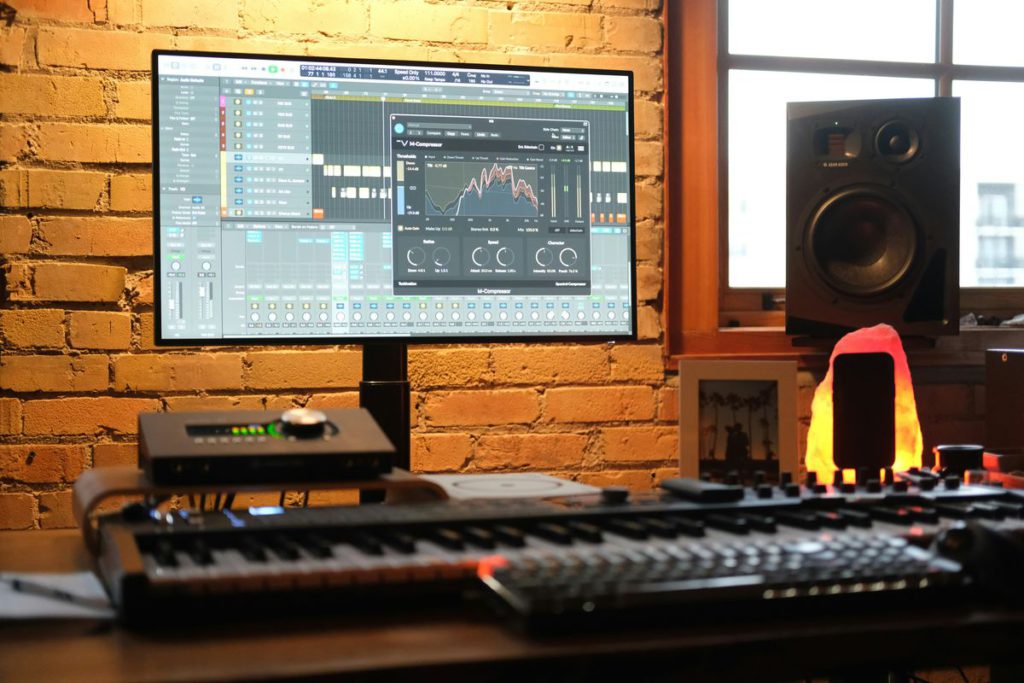
Successful artists release consistently rather than seeking perfection. Industry professionals across platforms like EDMProd and Icon Collective emphasize frequent output as the fastest path to improvement.
Treating each track as practice captures current skill levels. Focus on progress over perfection. Completed projects teach more than endless polishing.
2. Daily Practice Compounds

Time invested equals skill gained. Growth happens too gradually to notice day-to-day. Scheduling daily creation time ensures steady progress. Consistent 30-minute sessions outperform weekend marathons.
Each session adds expertise layers. Small daily efforts create major long-term gains. The cumulative impact transforms skills over months, not days
1. Make Bad Music on Purpose
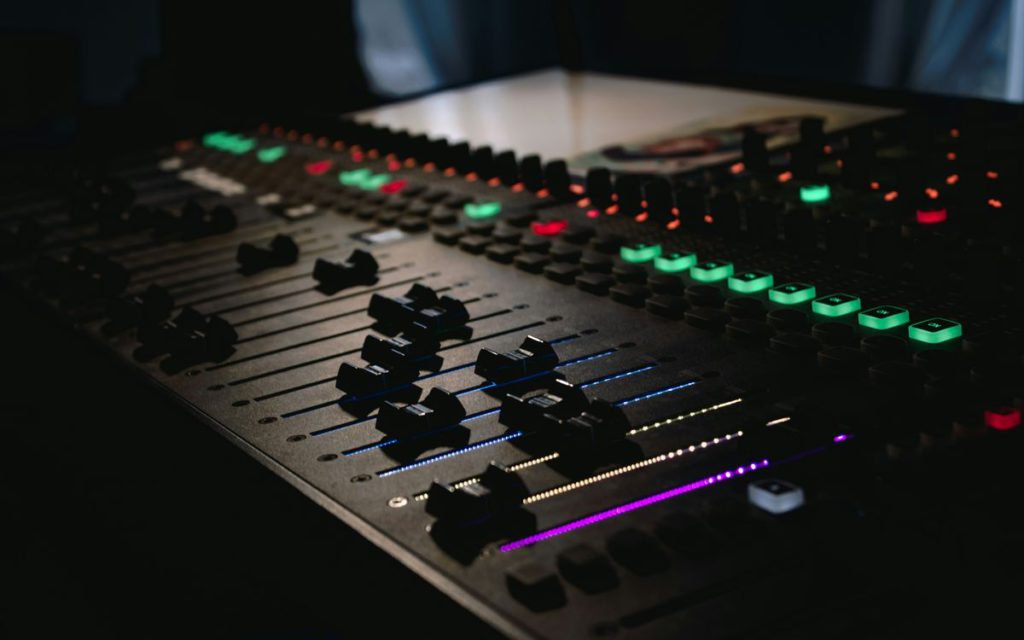
Bad music teaches what works. Embracing failed experiments leads to valuable lessons. The Greek muses offered inspiration, not guaranteed hits. Early tracks serve as stepping stones, not career killers.
Letting music flow without harsh judgment fosters growth. Skills evolve through action, not avoidance. Creative paralysis ends more careers than imperfect releases.





















